Anuj Bhatia is a personal technology writer at indianexpress.com who has been covering smartphones, personal computers, gaming, apps, and lifestyle tech actively since 2011. He specialises in writing longer-form feature articles and explainers on trending tech topics. His unique interests encompass delving into vintage tech, retro gaming and composing in-depth narratives on the intersection of history, technology, and popular culture. He covers major international tech conferences and product launches from the world's biggest and most valuable tech brands including Apple, Google and others. At the same time, he also extensively covers indie, home-grown tech startups. Prior to joining The Indian Express in late 2016, he served as a senior tech writer at My Mobile magazine and previously held roles as a reviewer and tech writer at Gizbot. Anuj holds a postgraduate degree from Banaras Hindu University. You can find Anuj on Linkedin. Email: anuj.bhatia@indianexpress.com ... Read More
Why I think these are the biggest tech disappointments of 2021
2021 was an incredible year for tech, but it was also a year of a few letdowns. Here's a look at the biggest disappointments from this year.
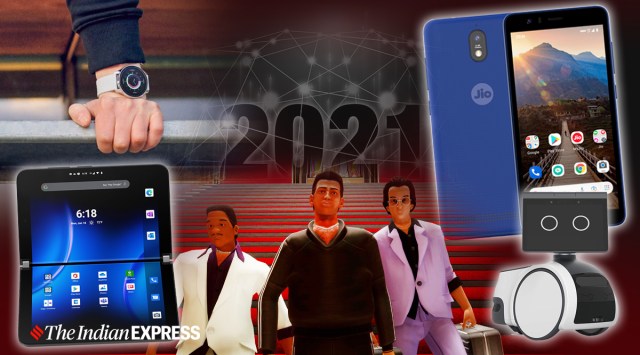 These are the biggest tech disappointments of 2021.
These are the biggest tech disappointments of 2021.It is not a given that all tech products will make sense to the consumers they are meant for. In the past year, we saw privacy fiascos, data breaches, devices that failed to live up to a promise, and big tech steeped in controversy. Here’s a list of what I thought was most disappointing in 2021.
Microsoft Surface Duo 2
No matter how Microsoft markets the second-generation Surface Duo, the device misses the point and annoyingly so. A device that was once seen as a fresh take on smartphones has been reduced to a confusing product. While the Surface Duo 2 does seem to be improved over its predecessor, it fails to convince users why two screens are better than one. That’s the whole narrative as to why the Duo exists in the first place. More than the concept of dual-screens being flawed or the fact that it’s powered by Android and not Windows, the problem lies in the execution level. Maybe the Surface Duo shouldn’t have come out of the lab until the company perfected it internally.
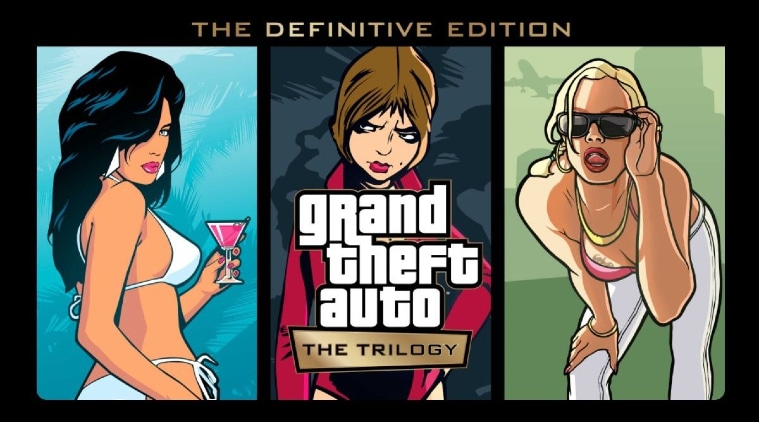 The remaster has been criticised heavily from all corners of the gaming world. (Image credit: Rockstar Games)
The remaster has been criticised heavily from all corners of the gaming world. (Image credit: Rockstar Games)
Grand Theft Auto: The Trilogy
The Definitive Edition: The GTA Trilogy was supposed to be a trip down memory lane, but it ended up as a wasted opportunity to bring classic games to a new generation. The issues started cropping as soon as the game hit the market, with plenty of bugs, typos and graphical glitches. The GTA Trilogy, which includes Grand Theft Auto 3, Vice City and San Andreas, were expected to give high-definition makeovers to best-selling games of all time, but the end result was not satisfying. Many complained of questionable changes from the original versions of the game, ridiculous camera angles, spontaneous blood pools, etc. Although Rockstar Games did apologise to fans and even tried to address technical issues with the games, it was just a cover-up. The GTA Trilogy is another case of a game (after Cyberpunk 2077) that has been rushed to market way before it was ready.
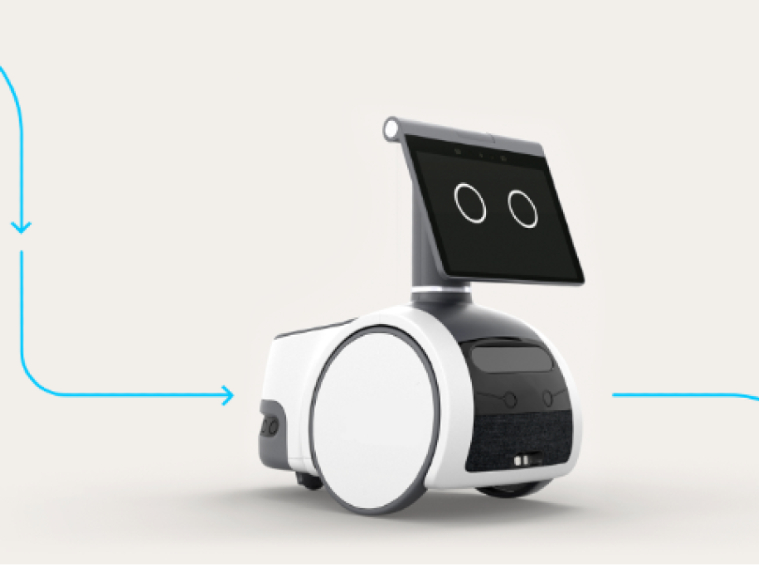 The Astro is pitched as the first home robot from Amazon. (Image credit: Amazon)
The Astro is pitched as the first home robot from Amazon. (Image credit: Amazon)
Amazon Astro
Mere hours after Amazon announced its “home robot” named Astro, the wheeled device was called a surveillance disaster. Motherboard published leaked documents revealing that the Astro is “first and foremost … a surveillance device that tracks you and everyone who enters your home.” In a commercial, Amazon pitched the device like a robot that can help around the home but that realisation of a sci-fi dream comes at a cost: privacy. Although many would want a device like this, Amazon has been accused in the past of invading users’ privacy. What if the Astro gets stolen and hacked? Will Amazon come to my rescue and protect the user’s identity? Until companies like Amazon don’t do a better job in detailing and disclosing what data is recorded and who can review it, devices like the Astro will continue to be described as a “privacy minefield”.
 Apple has faced criticism over a new system that finds child sexual abuse material (CSAM) on US users’ devices. (Image credit: Apple)
Apple has faced criticism over a new system that finds child sexual abuse material (CSAM) on US users’ devices. (Image credit: Apple)
Apple’s child abuse detection system
Apple was at the center of a controversy when it announced a controversial plan to scan users’ photos for child abuse images. But Apple had to delay the rollout of that ‘child safety’ feature after privacy and civil liberties advocates questioned Cupertino for protecting its customers’ privacy. The tool, called “neuralMatch,” would scan photos featuring child sexual abuse before those images are uploaded to iCloud. If a match is found, Apple said it will report the incident to the US National Centre for Missing and Exploited Children (NCMEC). It wasn’t made clear if the feature will be available outside of the US. Critics say the tool could be misused by repressive governments for political reasons. Apple’s system was supposed to go live this year. The backlash was a setback for Apple, because for the first time the company’s reputation as a “privacy crusader” was challenged.
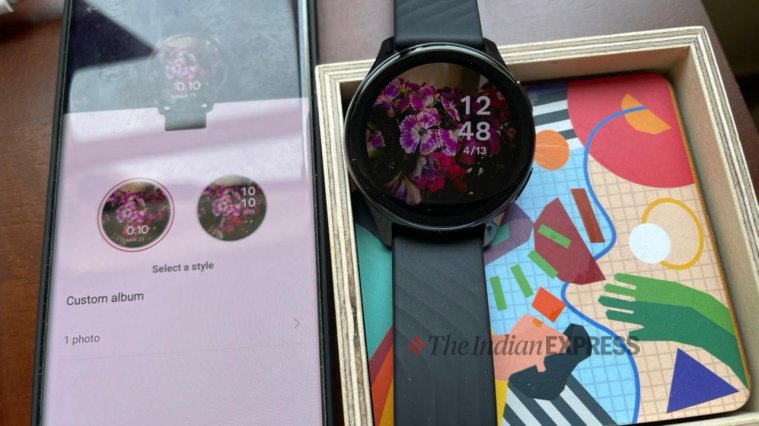 OnePlus Watch has been pitched as a budget alternative to the Apple Watch. (Image credit: Nandagopal Rajan/Indian Express)
OnePlus Watch has been pitched as a budget alternative to the Apple Watch. (Image credit: Nandagopal Rajan/Indian Express)
OnePlus Watch
OnePlus’ debut smartwatch is nothing less than a disaster and that’s a real shame. The OnePlus Watch is a half-baked concept and part of a dangerous trend of launching smartwatches without the “smart” features. Running on OnePlus’ own operating system, the watch has no access to apps, and there aren’t many watch faces either. What’s also missing is a built-in voice assistant, and contactless payment. Although there are people who would want to buy a OnePlus Watch due to its low price, the fact remains that the device is dull and boring.
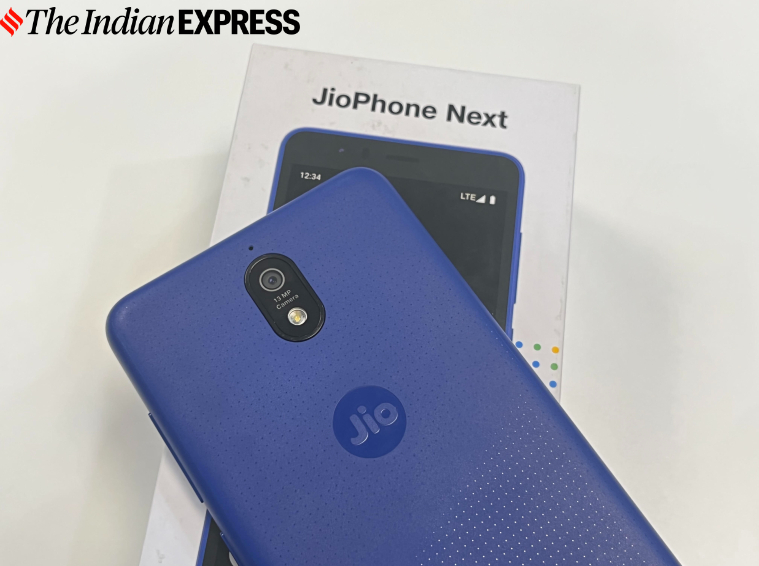 The JioPhone Next has been developed by Google. (Image credit: Anuj Bhatia/Indian Express)
The JioPhone Next has been developed by Google. (Image credit: Anuj Bhatia/Indian Express)
JioPhone Next
The JioPhone Next is problematic at many levels, right from being expensive for the features it offers to PragatiOS, which is nothing but a rebranded version of Android Go. Although the JioPhone Next is a pretty usable phone, it isn’t exactly what Reliance promised. Jio would probably have a hard time convincing first-time smartphone buyers, because they simply can’t afford this device. The company has a history of undercutting competitors on mobile data packs and selling hardware at low prices. So it came as somewhat of a surprise when the JioPhone Next launched at Rs. 6,499, essentially the same price as phones from Xiaomi and Nokia — the EMI option only makes the phone more expensive. The high price didn’t help users abandon their existing 2G feature phones, which is exactly what Jio needed to increase the uptake of the JioPhone Next in India’s heartland. The hype around PragatiOS also soon started to die down as it wasn’t a completely new OS based on Android. In fact, the UI mirrors that of Android GO, though there are some India-specific customizations. The “JioPhone Next” is a classic case of “too little, too late”.








